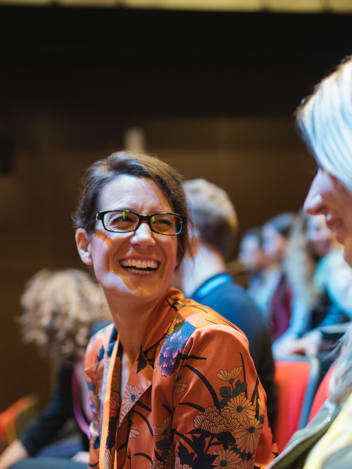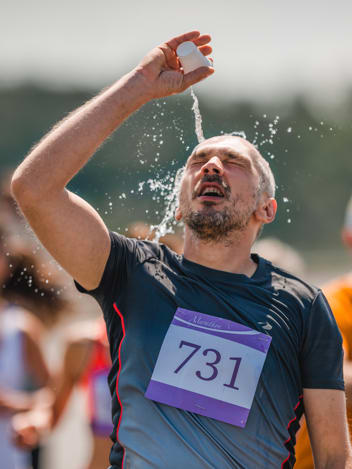Why do people become homeless?
While each of our client's stories are unique, there can be common factors that contribute to individuals becoming homeless. These include personal issues, such as mental or physical health problems, issues around drug and alcohol use and traumatic experiences in childhood. Social issues, such as housing costs, availability of supported and social housing and changes to welfare reforms can also contribute to people becoming homeless.
What are different types of homelessness?
Rough sleeping
This is the most visible form of homelessness and describes someone who is sleeping rough on the streets. Many people sleeping rough suffer from physical and mental health conditions are at risk of suffering violence and abuse.
Hidden homelessness
The majority of people who are homeless are hidden from official statistics. They may not approach councils for help, but instead may be sofa surfing, sleeping in unsuitable housing such as squats, or staying in hostels. The majority of people who are hidden and homeless have slept rough at some point.
In temporary accommodation
A person may stay in temporary accommodation for just one night or for an indefinite amount of time. Types of temporary accommodation include night shelters, hostels, B&Bs, women's refugees and private housing.
I'm worried about someone sleeping rough - what can I do?
If you are aware of someone sleeping rough, please use Street Link to report them and get in touch with us with an exact location and as much information as possible.
Street Link will alert local services to people who are sleeping rough.
If you believe the person to be in immediate danger please contact 999.
Outreach Teams and local support services go out late at night and early in the morning to look for people sleeping on the streets. Many people sleeping rough have complex needs. We’ll work with them, taking the time to build trust and explain the support we can provide. This can take time, but we never give up on someone.




